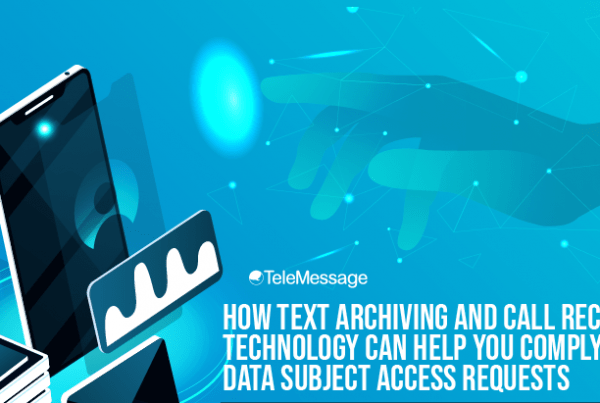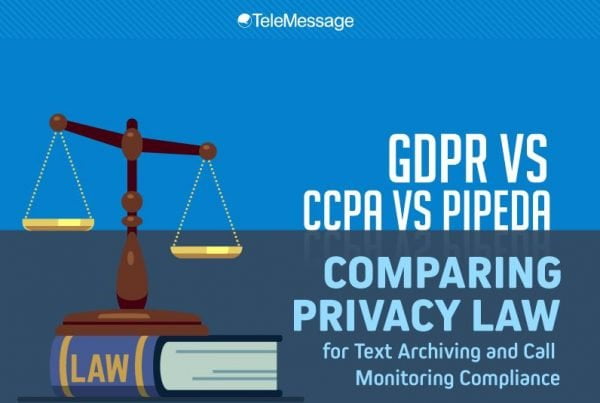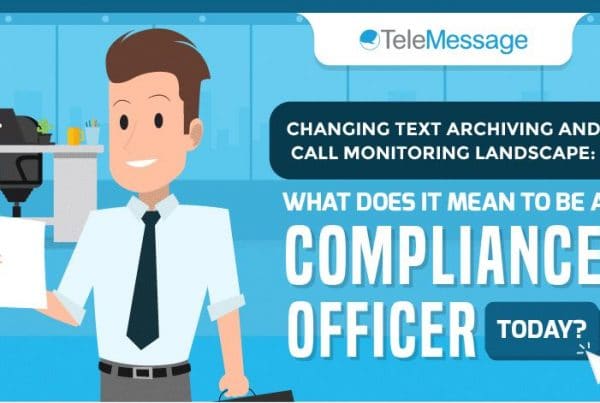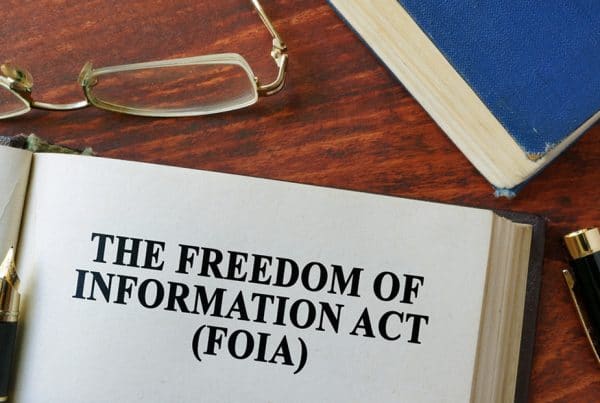The proliferation of digital communication tools such as text messaging and email in today’s workplace is at an all-time high, and this is certainly true among state and local government offices.
While these messaging platforms might be welcome to general consumers seeking for a quick way to communicate, advocates of open government fear that there isn’t much clarity on when an email or a text message is subjected to public records text archiving requirements.
So when are text messages and emails subject to open records law? To shed light on that issue, we will detail in this post some of the recent cases and decisions against government officials and alleged public bodies that refused to provide a copy of text messages and emails they received on their personal as well as business-issued devices.
Missouri Alliance for Freedom vs Missouri State Auditor
In 2017, the non-profit organization filed a complaint with the Missouri attorney general’s office alleging state Auditor Nicole Galloway isn’t complying with open records laws by refusing to turn over requested documents, including text messages sent and received on her state-issued phone.
The Attorney General’s investigators, however,reported that Galloway didn’t break the Sunshine Law by deleting text messages.The report said that because these messages are “transitory” — regarding logistics about audits, meetings and phone calls — they were not required to be retained.
The complaint came shortly after a lawsuit was also filed against Gov. Eric Greitens and his employees, who were also accused of using a special text messaging app to secretly communicate with their allies outside of their office.
While the court is still weighing arguments in the lawsuit, Missouri Attorney General Josh Hawley clearly stated that “Text messages written by public officials, concerning public business, are open records under state law” and that they should be “… treated like, and subject to, the same analysis as emails.”
This statement is correct as per Missouri Open Records Law, which states that electronic communications must be made public upon request unless they fall under a small group of specific exemptions, which include legal advice and real estate negotiations.
Ahmad vs City of Chicago
In Ahmad vs the City of Chicago, the complainant had filed an FOIA request with the City of Chicago for the release of text messages and emails sent by or to a City Alderman relating to him or his property.
The City, however, denied the request, on the grounds that the Alderman is not a “public body”, and the messages on personal devices are not public records. This then prompted Ahmad to sue the city claiming that the requested communications were releasable because they related to City business.
After weighing arguments, the court agreed with the City, finding that the Alderman was not acting as a “public body” when he sent and received emails and text messages relating to Ahmad and his property. The court also noted that the State Open Records Law only applies to public bodies, not public officials, stating that “public body” refers to the board or council as a whole, not an individual board member. The Alderman, therefore, is not a “public body” as he cannot conduct official business on his own.
The Court also acknowledged the City of Champaign decision in 2011 which concluded that there are three circumstances where communications sent or received by an elected official on his or her personal device would be subjected to FOIA text archiving, i.e. when those communications are:
- Forwarded to a government account
- Sent during a meeting of the public body
- Sent to a majority of the public body.
Therefore, such requested messages by Ahmed would only be subjected to Open Records Law if the Alderman sent or received them as a public body while at a public meeting or while conducting public business through a quorum.
The Case for Public Body and Employees
While some State Open Records Law still have an ambiguous definition of what constitutes a public body and electronic communications, FOIA is clear about its requirements that mandates all government employees to capture and record text messages and emails that pertain to public business – regardless if they are on the personal or employer-issued device.
The “public body” argument, however, remains a murky issue for all state and local government and offices, and relying on that definition alone can subject these agencies to a grave FOIA non-compliance risk. If a public official uses their personal device to conduct public business, the communications may be found to be public records subject to disclosure. Archiving such text messages to ensure that they are rightfully available and accessible upon court request is crucial to ensure transparency and compliance with Open Records Laws.
With TeleMessage, public agencies can easily comply with the Public Records, FOIA, and Sunshine Laws requirements on archiving text messages. The TeleMessage Mobile Archiver is an enterprise messaging app that effectively addresses compliance, regulatory, eDiscovery response requirements and reduces risk across the government sector. TeleMessage captures and records mobile content, including SMS/text, MMS,social media and web, IM and collaboration chats, and voice calls of employees.
TeleMessage also integrates leading email archiving vendors, enabling government agencies to capture, retain, and supervise mobile text messages in the same way they archive and supervise their employees’ emails and documents. These features will help public agencies to effectively supervise and access archived text messages so they can respond to public records request more quickly.
Our mobile archiving products securely capture content from mobile carriers and mobile devices for a variety of ownership models (BYOD, CYOD,and employer-issued). With our multiple archiving methods, you can always find the right tools or blend for your requirements:
Contact us today to learn more about how our mobile archiving products can help your organization maintain compliance with government text archiving regulations.





